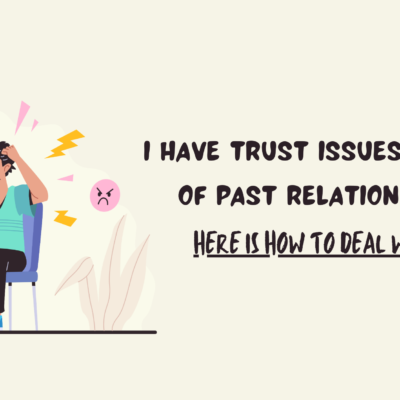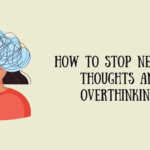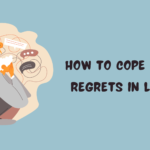I have trust issues because of past relationships: Trust is the foundation of any healthy relationship, whether romantic, familial, or platonic. However, when that trust is broken due to past experiences, it can become difficult to rebuild. Many people who have suffered betrayal, dishonesty, or emotional manipulation in previous relationships find themselves struggling with trust issues in new relationships. This article explores why past relationships contribute to trust issues, the impact it has on future relationships, and ways to overcome them.
Also Read:
Understanding Trust Issues
Trust issues arise when a person has been hurt, betrayed, or deceived in a relationship, leading them to develop a defensive mechanism. These issues may manifest in various ways, such as fear of vulnerability, difficulty opening up, constant suspicion, or emotional detachment. Trust issues are not always about believing that everyone is untrustworthy but rather about the fear of experiencing the same pain again.
How Past Relationships Contribute to Trust Issues
- Betrayal and Infidelity
One of the most common reasons for trust issues is betrayal, especially infidelity. When a partner cheats, it leaves deep emotional scars, making it difficult to trust future partners. - Lies and Deception
Constant dishonesty, whether about small or significant matters, damages trust. If someone has been repeatedly lied to in past relationships, they may struggle to believe anyone’s words, fearing hidden agendas. - Emotional Manipulation
Gaslighting, guilt-tripping, or emotional blackmail can lead to self-doubt and a diminished ability to trust others. When someone has been manipulated, they become overly cautious in future relationships. - Abandonment and Rejection
Being left unexpectedly or rejected without closure can instill fears of being abandoned again. This can make a person hesitant to form deep connections. - Toxic Relationships
A toxic relationship filled with emotional abuse, control, or lack of respect can create long-term trust issues. Such experiences teach individuals to be wary of others’ intentions.
The Impact of Trust Issues on Future Relationships
- Overthinking and Insecurity
People with trust issues tend to overanalyze their partner’s actions and words, leading to unnecessary misunderstandings. - Fear of Commitment
A deep-seated fear of being hurt again can make it difficult for individuals to commit fully, leading to a pattern of avoidance or short-lived relationships. - Need for Constant Reassurance
Those with trust issues often seek continuous validation from their partners, which can strain the relationship. - Difficulty in Communication
Fear of being judged or dismissed may cause individuals to bottle up their feelings rather than expressing concerns. - Sabotaging Relationships
Some people unconsciously push their partners away, assuming that the relationship will end in pain anyway.
How to Overcome Trust Issues
- Acknowledge Your Past Pain
Accept that your past relationships have affected you. Recognizing the source of your trust issues is the first step toward healing. - Give Yourself Time to Heal
Rushing into a new relationship without addressing past wounds can worsen trust issues. Take time to heal emotionally before committing to someone new. - Practice Self-Love and Confidence Building
The more confident and secure you are in yourself, the less you’ll fear being deceived or abandoned. - Open and Honest Communication
Talk to your partner about your trust issues. A healthy relationship thrives on honesty and mutual understanding. - Observe, Don’t Assume
Instead of jumping to conclusions based on past experiences, assess your partner’s actions objectively. - Set Healthy Boundaries
Boundaries help create a sense of security in relationships. Clearly define what is acceptable and what is not. - Seek Professional Help
Therapy or counseling can provide valuable tools to manage and overcome trust issues.
Conclusion
Trust issues stemming from past relationships are understandable, but they don’t have to define your future. By recognizing the impact of past experiences, practicing self-awareness, and working toward building trust in healthy ways, you can create fulfilling and secure relationships. Healing takes time, but with patience and effort, trust can be rebuilt.








